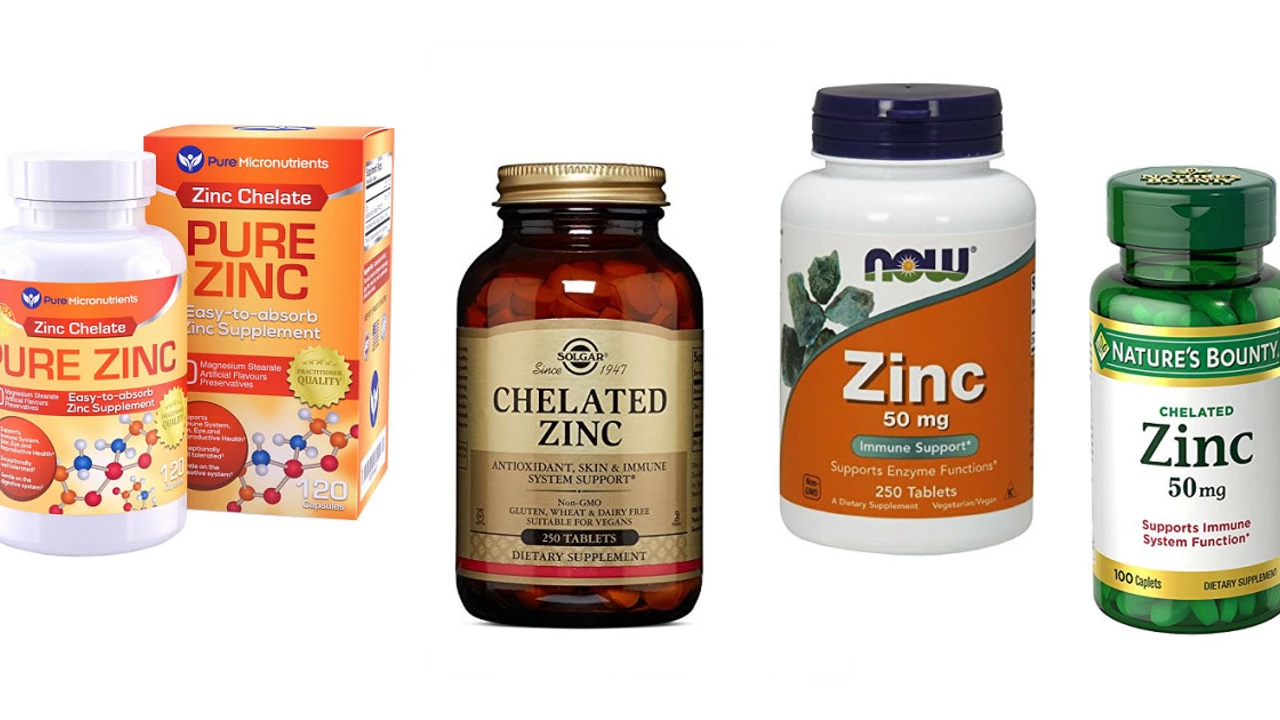All-Natural Dietary Supplement: Practical Guide and Smart Choices
Thinking about an all-natural dietary supplement but not sure where to start? You’re not alone. Supplements can help with digestion, inflammation, energy, or immunity, but the benefits depend on picking the right product and using it safely. Below I’ll cut through the noise with clear steps you can use right away.
How to pick a safe all-natural supplement
First, check the label. Look for the botanical name, the exact dose per serving, and any standardization (for example, "standardized to 95% quercetin"). Avoid vague labels that only say "proprietary blend." Second, choose brands that use third-party testing or certifications like USP, NSF, or ConsumerLab. That doesn’t guarantee results, but it lowers the risk of contamination or incorrect dosing.
Third, think about interactions. Natural doesn’t mean harmless. Quercetin can change how some drugs are absorbed, herbal sedatives can add to prescription sleep meds, and certain plant extracts affect blood thinners. If you take prescription meds or have chronic conditions, check with your doctor or pharmacist before starting something new.
Finally, start low and test. Take a lower dose for the first week and watch for side effects like stomach upset, headaches, or allergic reactions. If you notice anything odd, stop and ask a clinician.
Top all-natural picks you should know
Here are a few supplements we’ve covered on the site that people ask about most often.
Quercetin — a flavonoid with antioxidant and mild anti-inflammatory effects. People use it for seasonal allergies and to support immunity. Our article "Maximize Your Health with Quercetin" explains typical doses and practical uses.
Sweet Woodruff — an herb with a pleasant scent and traditional uses for digestion and relaxation. It shows up in folk remedies and is worth exploring for mild digestive support; see "Sweet Woodruff: Unveiling the Hidden Health Benefits."
Mouse Ear — an emerging herbal supplement that some users take for immune and digestive support. Research is limited but interest is rising; read the piece "Mouse Ear: The Breakthrough Supplement in Health" for specifics and caveats.
Natural anti-inflammatory strategies — supplements can help, but combine them with diet, sleep, and movement. Our guide "Holistic Anti-Inflammatory Strategies" covers how curcumin, omega-3s, and lifestyle changes work together, and when to skip natural options and see a doctor.
One final tip: buy from reputable sources. Avoid unknown online shops that offer miracle cures or require weird payment methods. If you want to compare options, our site includes several reviews and buyer guides for safer choices. Start small, track how you feel, and keep your healthcare provider in the loop. That way, an all-natural supplement can truly add value without creating new problems.
Yew: The All-Natural Dietary Supplement that's Taking the Health World by Storm

The health world is buzzing about a new all-natural dietary supplement, the Yew. This potent plant is grabbing attention for its various health benefits. As a blogger, I've noticed its rise in popularity among health enthusiasts who advocate for its antioxidant properties and potential cancer-fighting abilities. It's also touted for its potential in boosting the immune system and improving heart health. It's amazing to see how this age-old tree is taking the health scene by storm as a novel dietary supplement.
- July 1 2023
- Tony Newman
- 13 Comments
